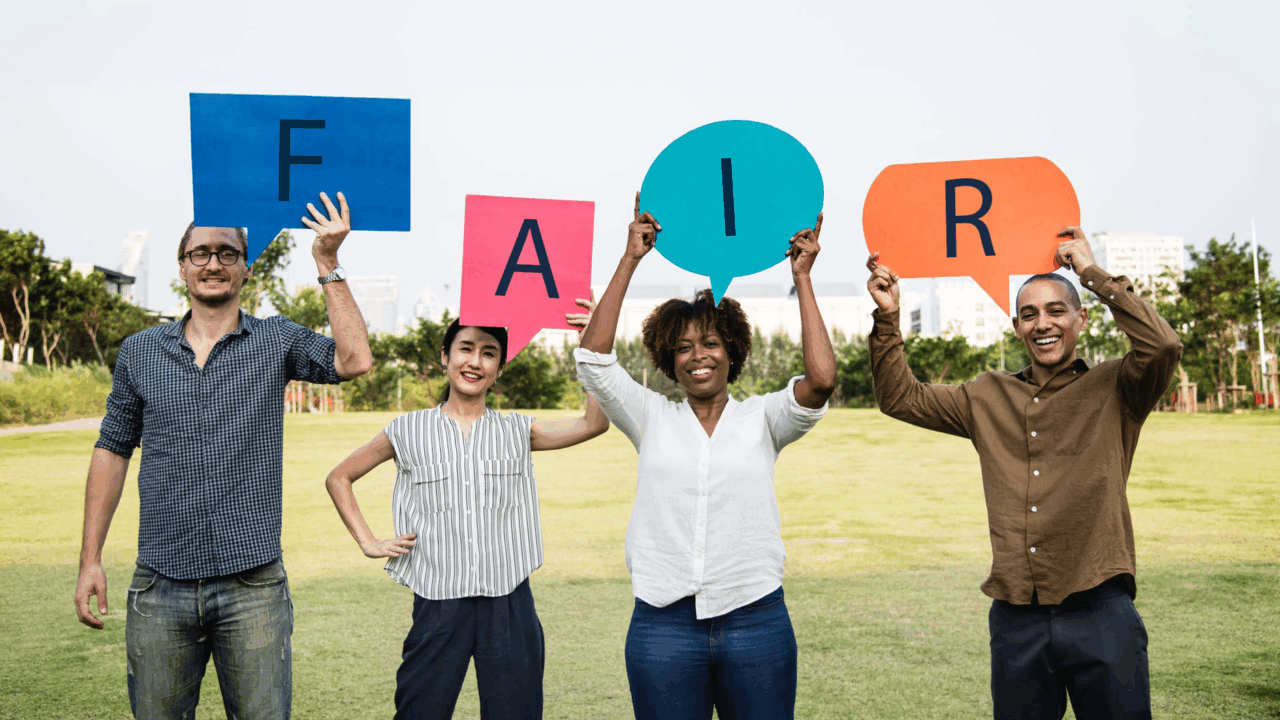Home / Fairness Education & Resources / What is Fairness?
What is fairness?
Fairness in public service delivery has several key features. It includes allowing people to be heard in processes that affect them, ensuring decisions are made without bias, and following the rules that apply. It is also about making decisions that are considerate of an individual’s needs and circumstances and are based on relevant information.
Fairness is also about providing clear and meaningful reasons for decisions so the person affected can understand what process your organization followed and how it came to the decision it did. By following a fair process, members of the public can better understand the reasons for decisions being made by those in positions of authority. Fairness in public service delivery is in everyone’s best interests – ensuring your policies, procedures and practices are fair is good for your organization, your employees and the people you serve.
To learn more about fairness and see what other resources we have available, please click here.
The fairness triangle
To help us understand fairness, we use the fairness triangle. It considers three distinct aspects of fairness in public service delivery: fair process, fair decision and fair service.
Learn more about the three aspects of the triangle by clicking on each side. To print a PDF version, please click here.

We can help you be more fair in the work you do.
